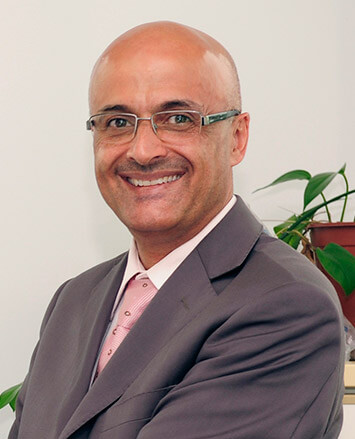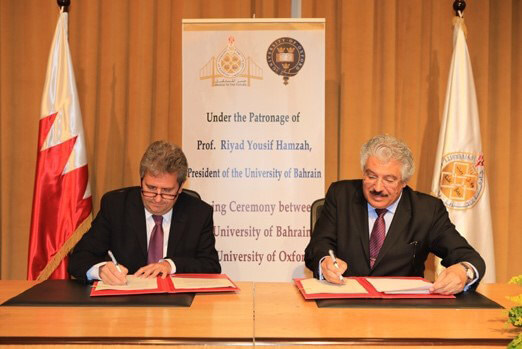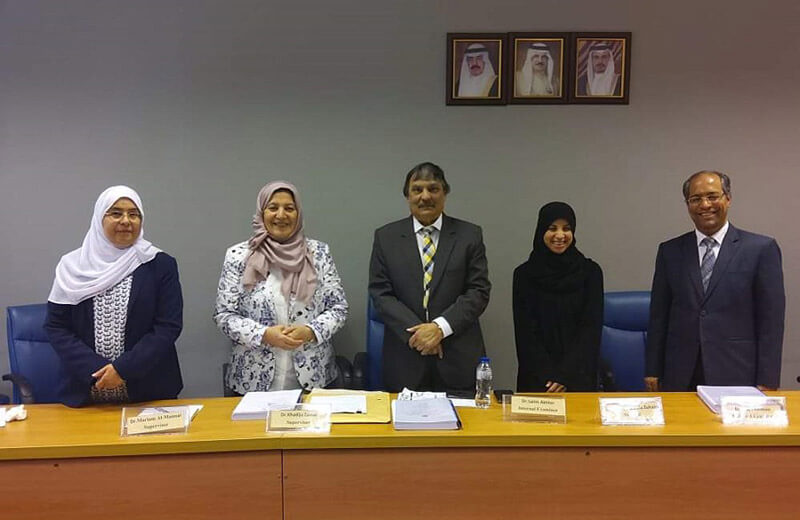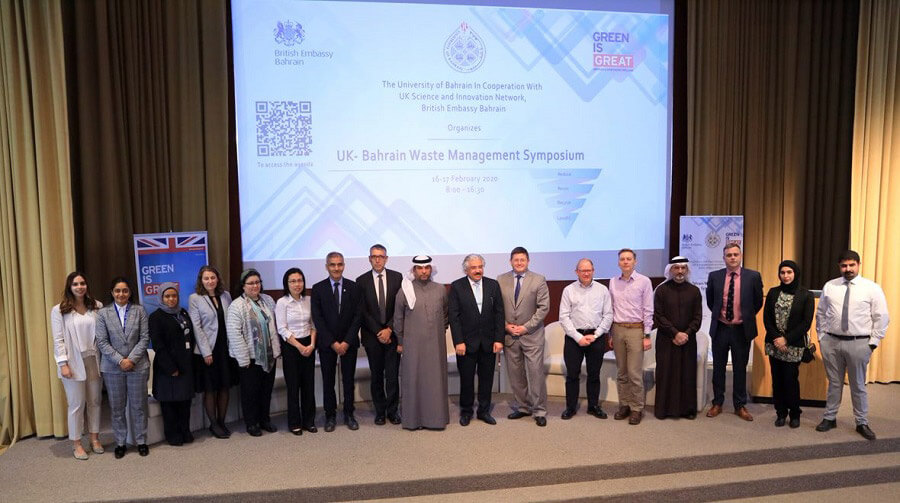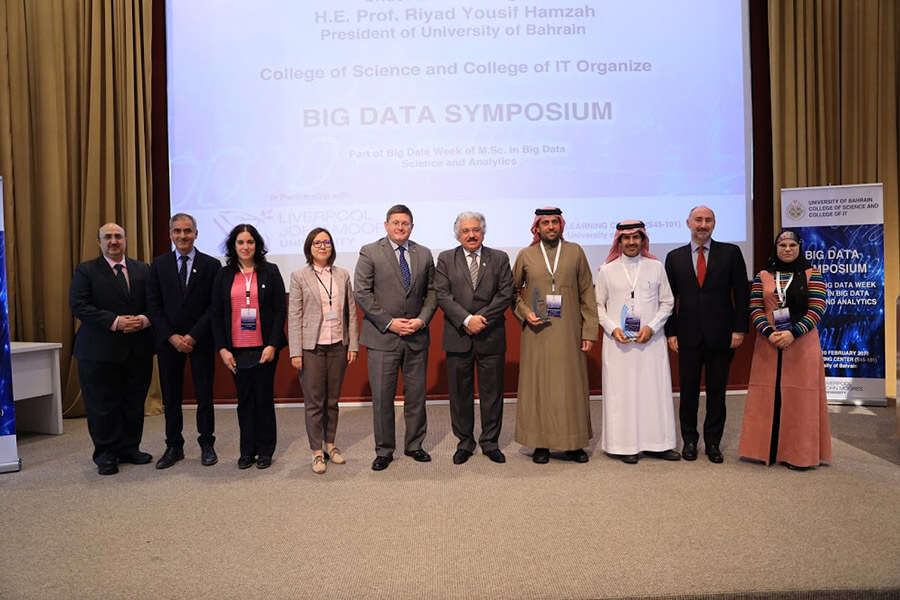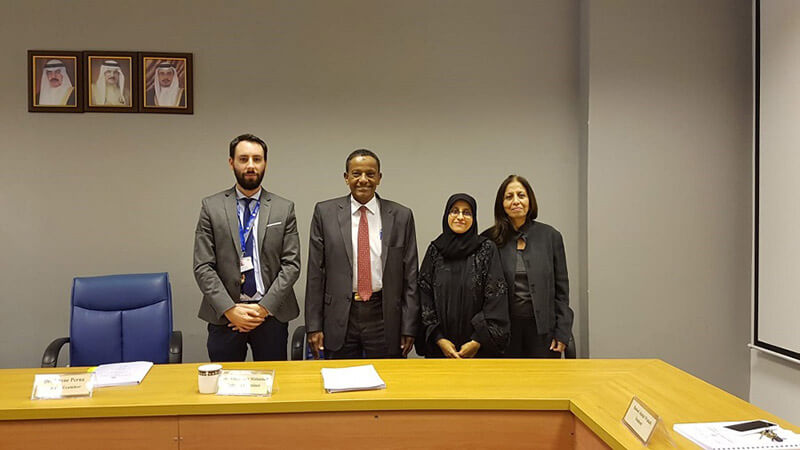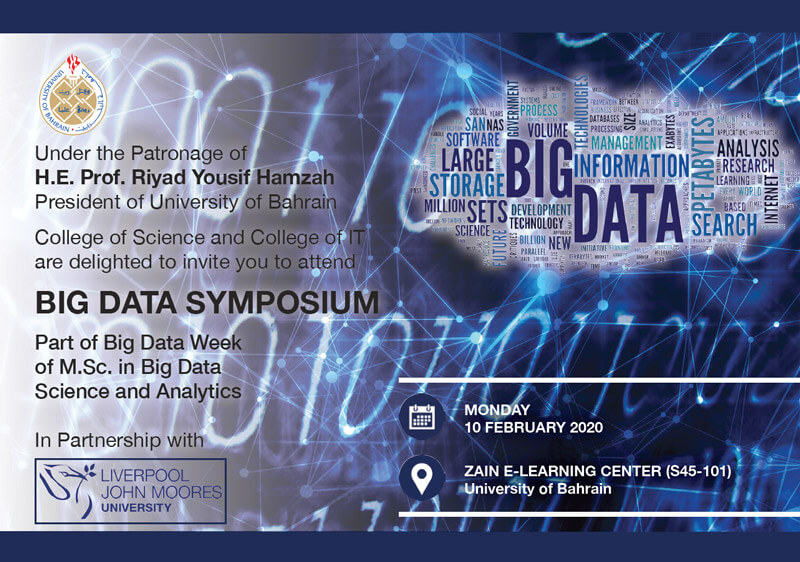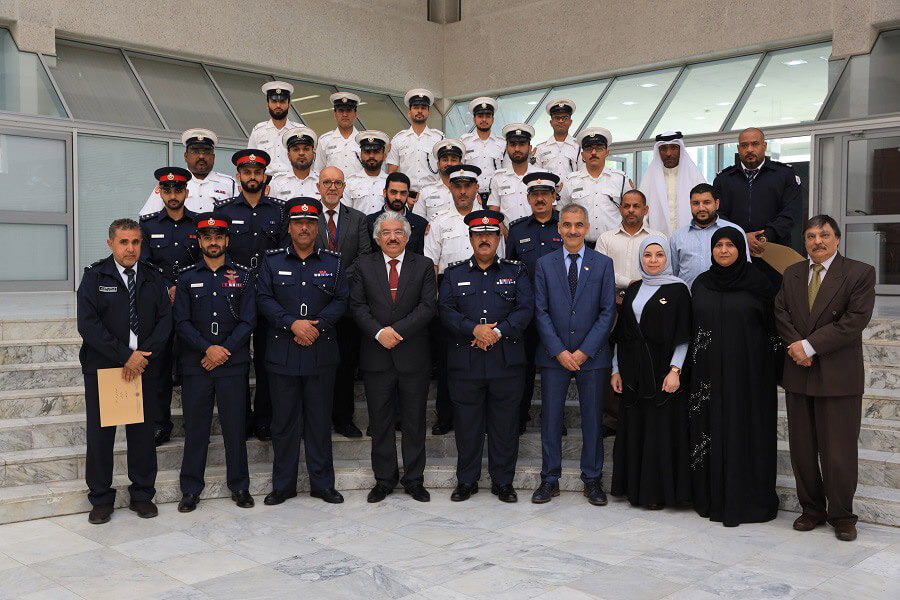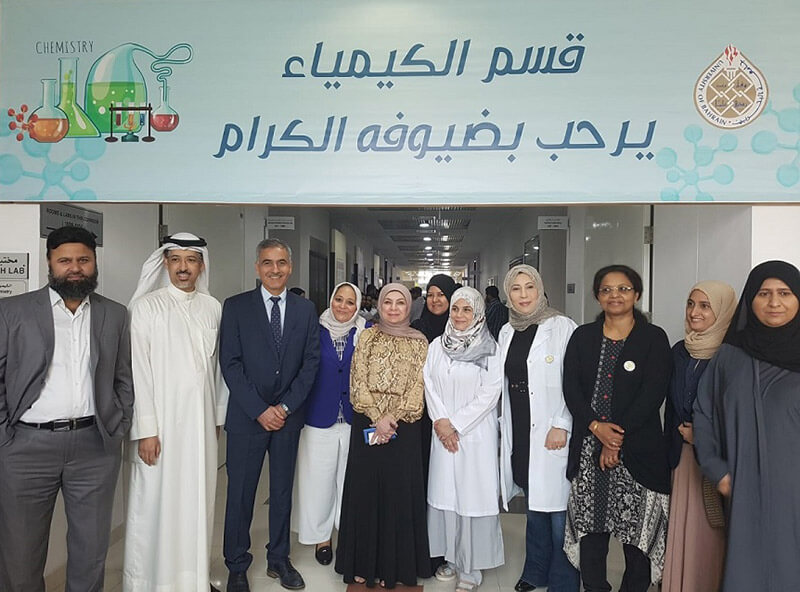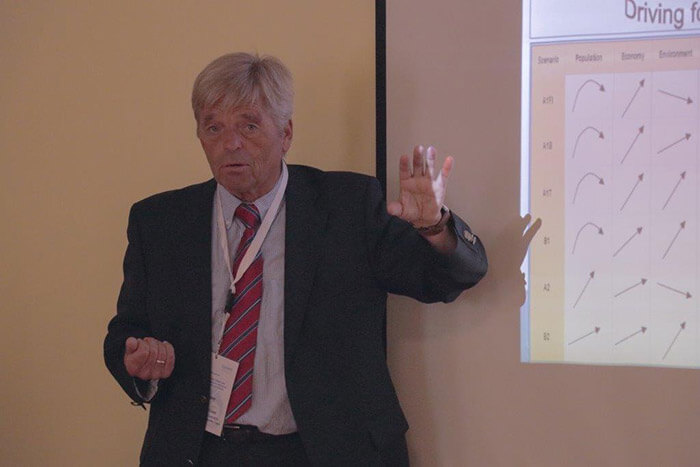UOB Offers 41 Postgraduate Programs in 8 Colleges
UOB Offers 41
Postgraduate Programs in 8 Colleges
The University of Bahrain (UOB) announced the opening of
receiving applications for admission to postgraduate programs for the first
semester of the academic year 2020/2021, indicating that the application
process shall be through the University's website and shall continue until the
end of next August.
It’s worth mentioning that currently postgraduate studies
include 41 programs in various disciplines, including 30 master's programs, 9 doctorate
programs, and two higher diploma programs in eight Colleges of the National
University.
The Dean of Graduate Studies and Scientific Research at UOB,
Dr. Mohamed Redha Qadir stated that “The University continues to fulfill its
mission to advance graduate studies, spread the culture of scientific research,
and encourage research and development, in order to create the appropriate
conditions and atmosphere for the optimal investment of resources, in a way
that helps in achieving Bahrain’s 2030 Economic Vision .
Also, the Dean called on people wishing to enroll in a
graduate studies program to enter the page of the Deanship of Graduate Studies
and Scientific Research on the University's website, where they will find any
information and explanation they need on the programs, and how to submit their
applications, step by step.
The postgraduate programs included eight colleges at the
University, as the College of Information Technology offers master’s in
information technology, master’s in electronic security, master’s in software
engineering, and doctorate in philosophy in computing and information sciences.
While the College of Engineering offers master’s in chemical
engineering, civil engineering, mechanical engineering, engineering management,
electrical and electronic engineering, doctorate in philosophy in chemical
engineering, civil engineering, mechanical engineering, engineering management,
and electrical and electronic engineering.
Also, the College of Science offers a master's degree in
applied physics, mathematics, nutrition and food systems, environment and
sustainable development, life sciences, and big data science and analysis,
while offering doctorate in environment and sustainable development, and higher
diploma in weather forecasting.
Furthermore, the College of Business Administration
announced the launch of a master’s degree in business administration, human
resource management, finance, accounting, finance and Islamic banking.
As for the College of Arts, it offers higher diplomas and
master’s in Arabic language, master’s in media, higher diplomas and master’s in
applied studies in English, and higher diplomas and masters in family
counseling.
Moreover, the College of Law offers master’s in philosophy
in public law and private law, doctorate in philosophy in public law, and
doctorate in philosophy in private law.
Also, the College of Health and Sports Sciences offers
master’s in physical therapy, adult health nursing, mental health, and nursing
and midwifery.
Finally, Bahrain Teachers College offers a postgraduate
diploma in education.
Dr. Mohammed Redha Qadir indicated that some of the master's
programs offered don’t require the applicant to have a bachelor’s degree in a
particular discipline. For example, a master’s in media can accommodate media
graduates as well as graduates of languages ??and linguistics, legal sciences,
economic sciences, sociology, and psychology. Also graduates of bachelor’s in
nutrition and life sciences, chemistry, food science and technology, health
sciences, and related life sciences can enroll in master’s in nutrition and
dietetics, and master’s programs in the College of Business are available to
graduates of all majors.

